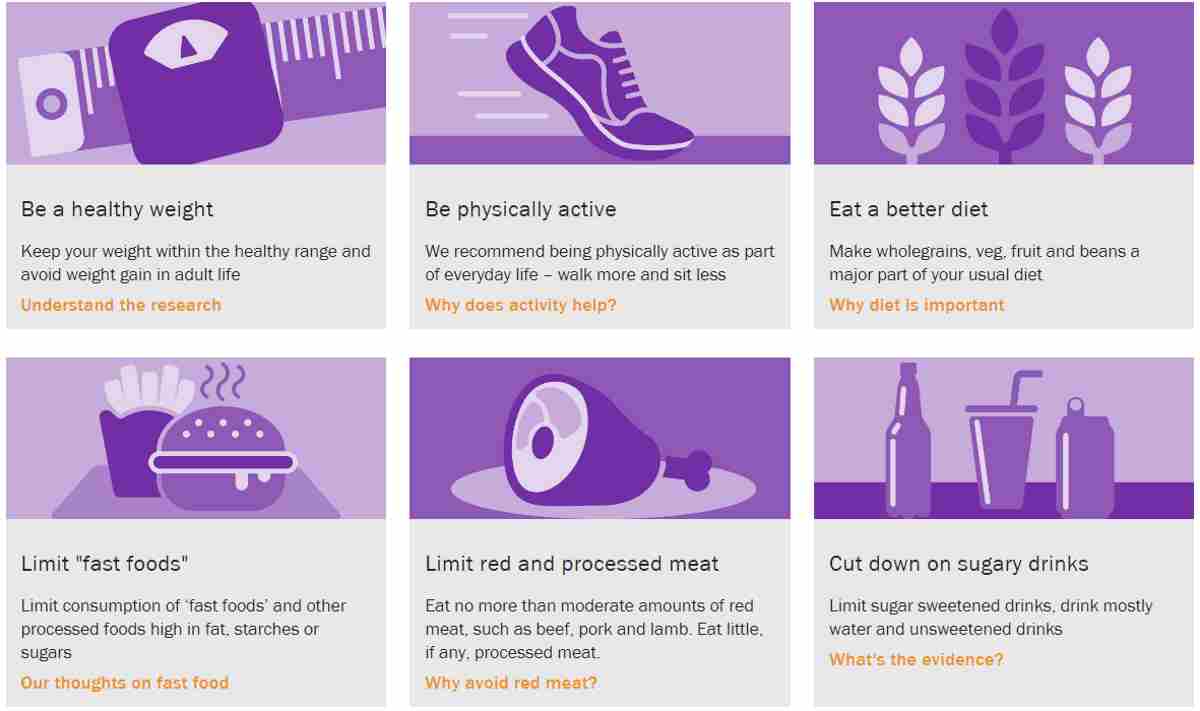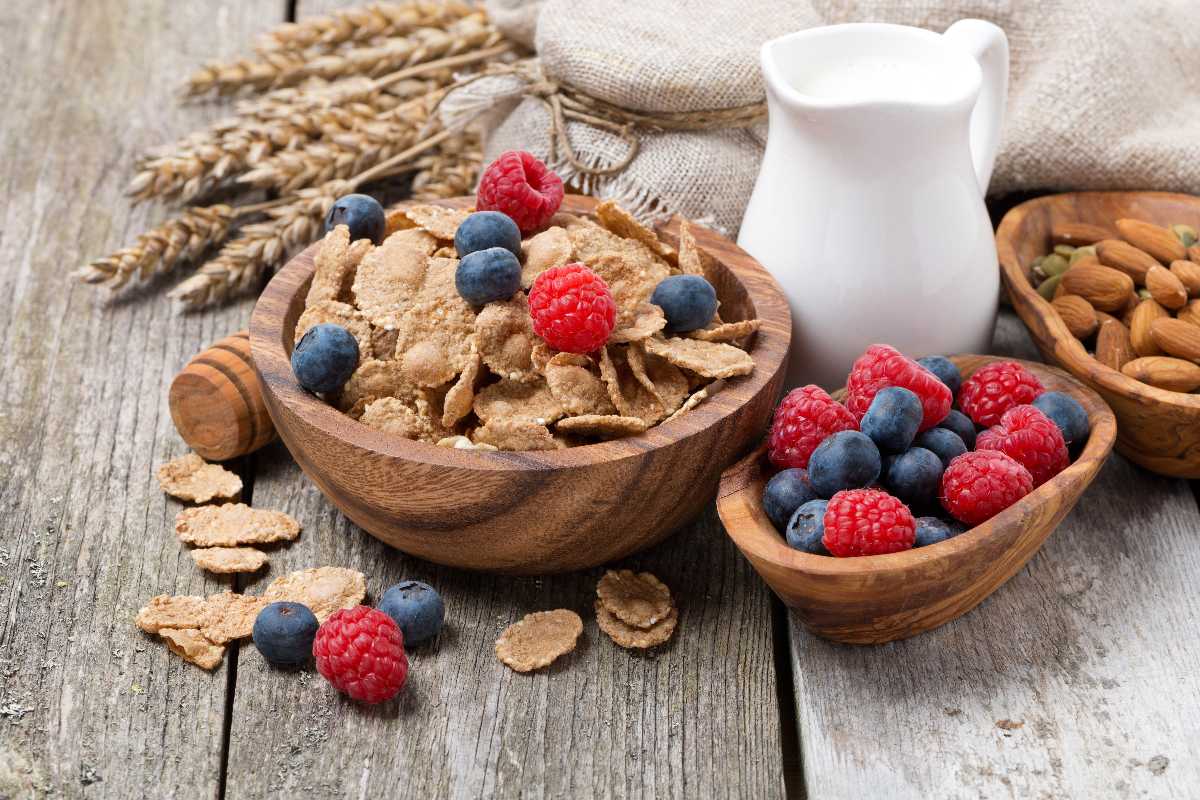Anti-cancer foods, what are they? The thesis that cancer has an environmental component and that diet and lifestyle in general are among the possible preventable causes in the onset of tumors is now well established. But what to eat and what not to eat (or eat less) to ward off cancer? Stage number one? First of all, maintain a healthy weight
@Yuliadavidovich/123rf
More whole grains, fruit, vegetables and legumes to go: to reduce the risk of a tumor it is necessary to intervene also and above all at the table. This is confirmed once again by the World Cancer Research Fund, which – about ten years after the previous edition – has published a review of all the scientific studies dedicated to the relationship between nutrition, life and tumors.
What emerges is not very different from past recommendations: to stay healthy and avoid cancer it would be good to increase the intake of certain foods and eliminate them (or at least drastically reduce their consumption) others, such as red meat and sugary drinks.
Based on solid data, the scientists participating in this review project considered factors that may have a preventive or cancer-promoting effect.
What are the anti-cancer foods
More vegetables and whole grains, fruits and vegetables. Experts typically recommend a diet that provides at least 30 g per day of fiber from food e:
- whole grains, such as brown rice, wheat, oats, barley, and rye
- non-starchy vegetables
- fruit
- legumes, such as beans and lentils in most meals
- non-starchy roots and tubers (carrots, artichokes, celeriac, turnips)
- at least five servings of a variety of non-starchy fruits and vegetables each day
The protective power of plants
An integrated approach to considering evidence shows that most cancer protective diets are rich in plant-based foods.
Relatively unprocessed foods of plant origin are rich in nutrients and dietary fiber. A higher consumption of these foods would mean a diet richer in essential nutrients and more effective in regulating energy intake than energy expenditure. This could protect against weight gain, overweight and obesity and thus protect against obesity-related cancers.
The Decalogue to Prevent Cancer
For the general population, experts recommend a number of things to do to prevent cancer.

© WCRF
Maintain a healthy weight at all times
In general, the so-called body mass index (BMI or BMI from English “body mass index“), Which is obtained by calculating the ratio between the weight of the individual in kilograms and the height, in meters squared (kg / m2). When your BMI falls within the range of 18.5 to 24.9, your weight is within normal range.
Read also: Uterine cancer: it would also be a matter of overweight! The risk doubles if you exceed this BMI
Get regular physical activity
Physical activity is, together with nutrition and lifestyle, one of the keys that guarantee our body health and well-being. According to the WCRF report, physical effort equal to brisk walking for at least half an hour a day is sufficient to reduce cancer risk.
Read also: Physical activity: at least 20 minutes a day, now the WHO says so too
Eat more whole grains
But also more vegetables, fruit and legumes rich in substances, called “phytocompounds”, Able to literally protect the organism. These foods are also rich in micronutrients, vitamins and minerals, and are primarily the only source of dietary fiber.
According to the report, it is necessary eat at least 30g of fiber and at least 400g of fruit and vegetables every day.
Read also: Fruits and vegetables: that’s why it’s best to consume 10 servings a day
Red meats
We have said it thousands of times: pork, beef, goat, sheep, lamb and horse. For those used to eating it, according to the World Cancer Research Fund three servings per week should not be exceeded, which equate to a total of about 350-500 g. It is also suggested to limit the processed meat as much as possible – cold cuts, cold cuts, sausages and canned meats. Consuming it in higher quantities can increase the risk of cancer, particularly of the colorectal.
Better, if you want, the consumption of meat bianca in lean cuts and with cooking that does not involve the production of carcinogenic compounds as occurs for example when grilled meat is scorched.
Read also: Consumption of red meat increases the onset of colorectal cancers, type 2 diabetes and coronary heart disease
